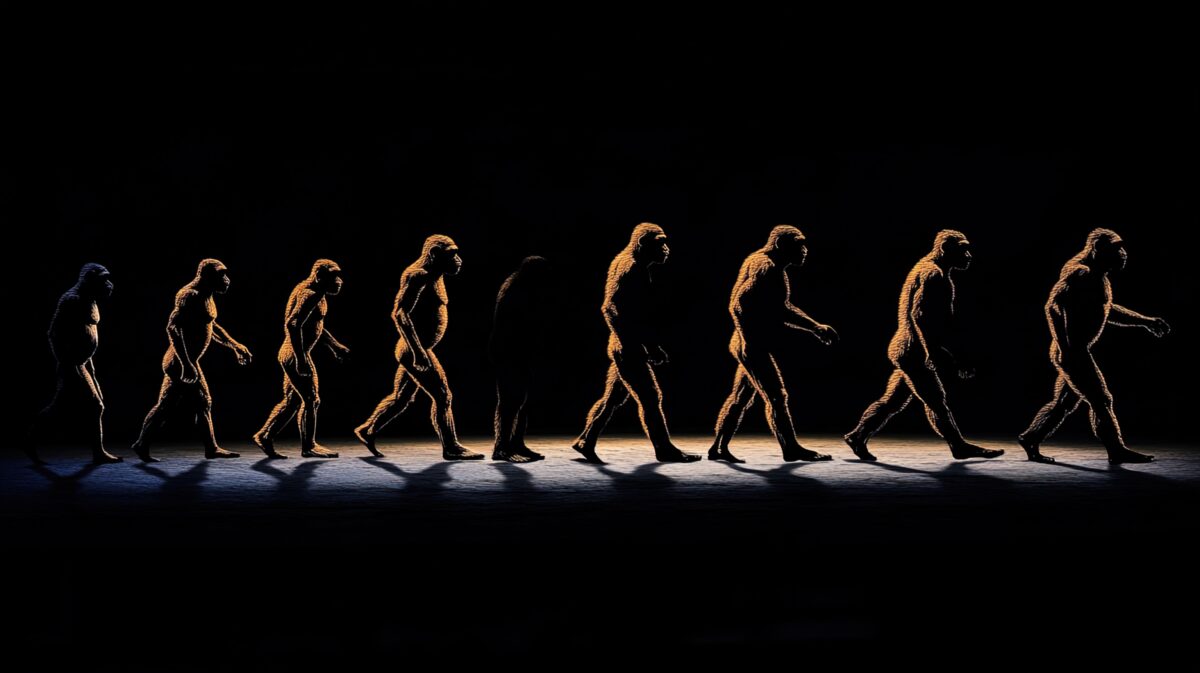Washington, DC — The National Academy of Sciences has published yet another report on evolution, titled “Science, Evolution, and Creationism.” In the ample space of 89 pages, the NAS manages to celebrate evolution as an unassailable truth, completely misrepresent intelligent design, and rehash the same standard Darwinist arguments which have been refuted by critical scientists time and again.
The NAS exaggerates the success of evolution, hyping it as “the foundation for modern biology.” This outrageous claim continues to meet a growing skepticism from scientists around the world. Over 700 doctoral scientists have publicly declared their disagreement by signing a list dissenting from Darwinism, including National Academy of Sciences member Phillip Skell.
In 2005, Dr. Skell wrote in an article published in The Scientist that “the claim that [Darwinian evolution] is the cornerstone of modern experimental biology will be met with quiet skepticism from a growing number of scientists in fields where theories actually do serve as cornerstones for tangible breakthroughs.”
Instead of treating evolutionary theory as an area open to further scientific inquiry, the NAS report canonizes evolution as perfect and immutable, “so well established that no new evidence is likely to alter it.”
“Under their definition, a theory is not a testable area of science but rather an unquestionable dogma,” said CSC program officer Casey Luskin.
Read More ›







































